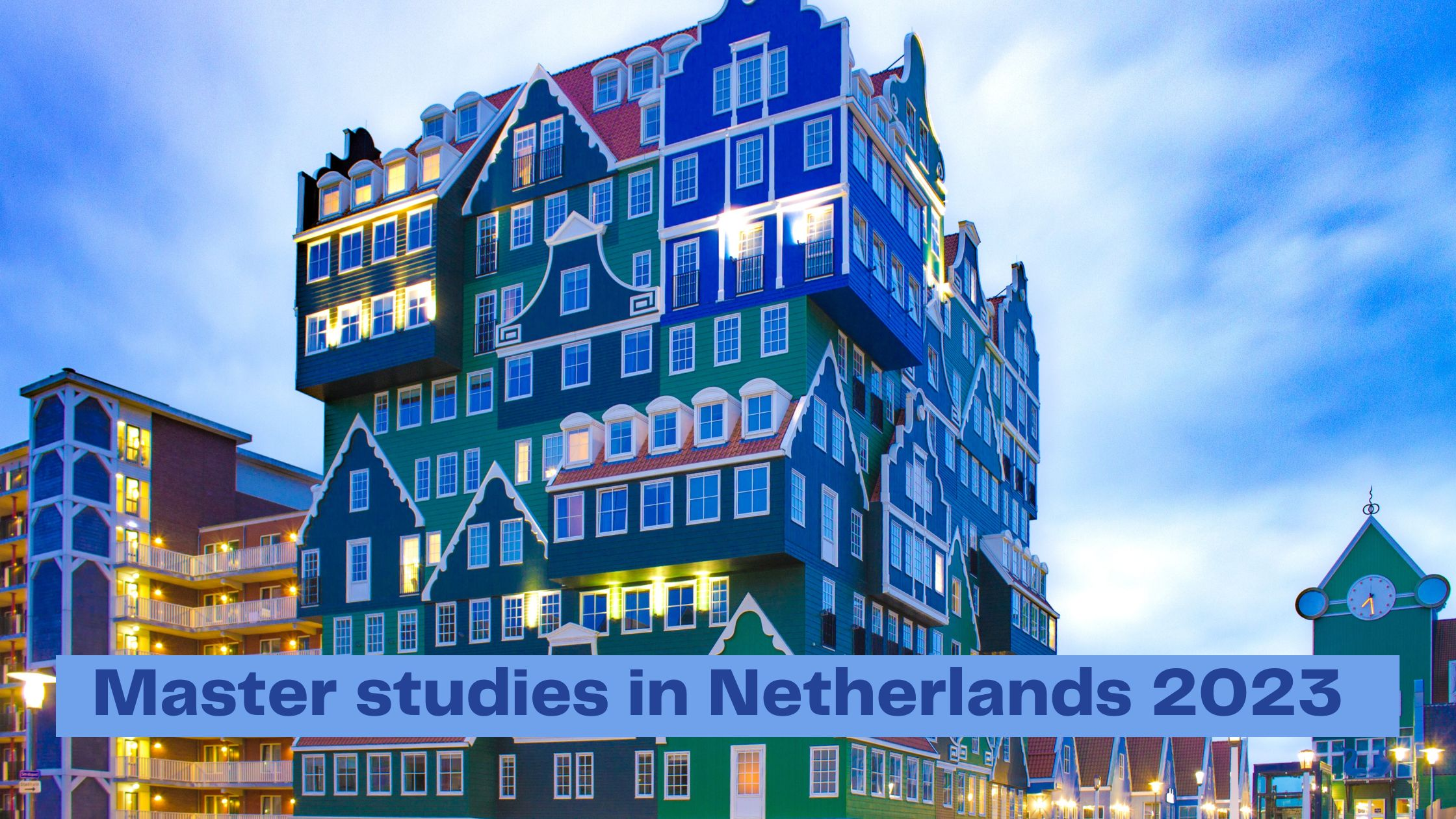Why Pursue a Master’s Degree in the Netherlands?
studying in the Netherlands is an excellent destination for international students looking to pursue a master’s degree.
The country is renowned for its high-quality education system, which is characterized by small class sizes, a strong focus on research, and a diverse range of programs. Additionally,
many universities in the Netherlands offer programs taught in English, making it an attractive option for international students.
Top Master’s Programs in studying in the Netherlands for international students:
- Erasmus University Rotterdam: Erasmus University Rotterdam offers a wide range of master’s programs in fields such as business, economics, law, and social sciences. The university is known for its strong research culture and is consistently ranked as one of the top universities in the Netherlands.
- Delft University of Technology: the Delft University of Technology is a top-ranked technical university, offering master’s programs in engineering, computer science, and architecture. The university has a strong focus on research and is known for its innovative approach to education.
- studying in Amsterdam; The University of Amsterdam is one of the oldest universities in the Netherlands and offers a wide range of master’s programs in fields such as humanities, social sciences, and law. The university is known for its strong research culture and is a popular choice for international students.
- Wageningen University & Research: Wageningen University & Research is a specialized university, offering master’s programs in fields such as food, agriculture, and environmental sciences. The university is known for its strong focus on sustainability and innovation.
- Rotterdam School of Management: Erasmus University The Rotterdam School of Management, Erasmus University offers a range of master’s programs in fields such as business administration and management. The school is known for its strong ties to the business community and its focus on practical, hands-on learning.
How to Choose the Right Master’s Program?
Choosing the right master’s program can be a daunting task, but it’s an important decision that will have a significant impact on your future career. Here are some factors to consider when choosing a master’s program:
- Program content: Make sure the program covers the topics you’re interested in and provides the skills and knowledge you need for your desired career.
- University reputation: Look for universities with a strong reputation in your field of study, as this will enhance your job prospects.
- Location: Consider the location of the university and whether it offers the lifestyle and cultural experiences you’re looking for.
- Language: If you’re an international student, make sure the program is taught in a language you’re comfortable with.
Cost of Master Online Netherlands 2023
- Tuition Fees
- Living Expenses
- Health Insurance
- Visa Fees
Scholarships for Master Studies in Netherlands 2023
- Holland Scholarship
- Erasmus+ Master Loans
- Orange Knowledge Programme
- Fulbright Grants
- Nuffic Scholarships
Accommodation for Studying Masters in Netherlands 2023
- Student Housing
- Private Accommodation
- Homestay
- Temporary Accommodation
Student Life in the Netherlands
- Culture and Entertainment
- Sports and Recreation
- Transportation
- Food and Drink
- Safety and Security
Jobs for International Students in Netherlands 2023
- Work Permit Requirements
- High-Demand Industries
- Job Search Resources
- Start-Up Opportunities
- Freelancing and Self-Employment
FAQs about Master Studies in Netherlands 2023:
Conclusion
Pursuing a master’s degree in the Netherlands is an excellent decision for anyone looking to enhance their education and career prospects. The country offers a wide range of high-quality programs, taught in English, and with a strong focus on research and innovation. Considering the factors outlined in this guide, you’ll be well-equipped to choose the right master’s program for your needs and ambitions.
